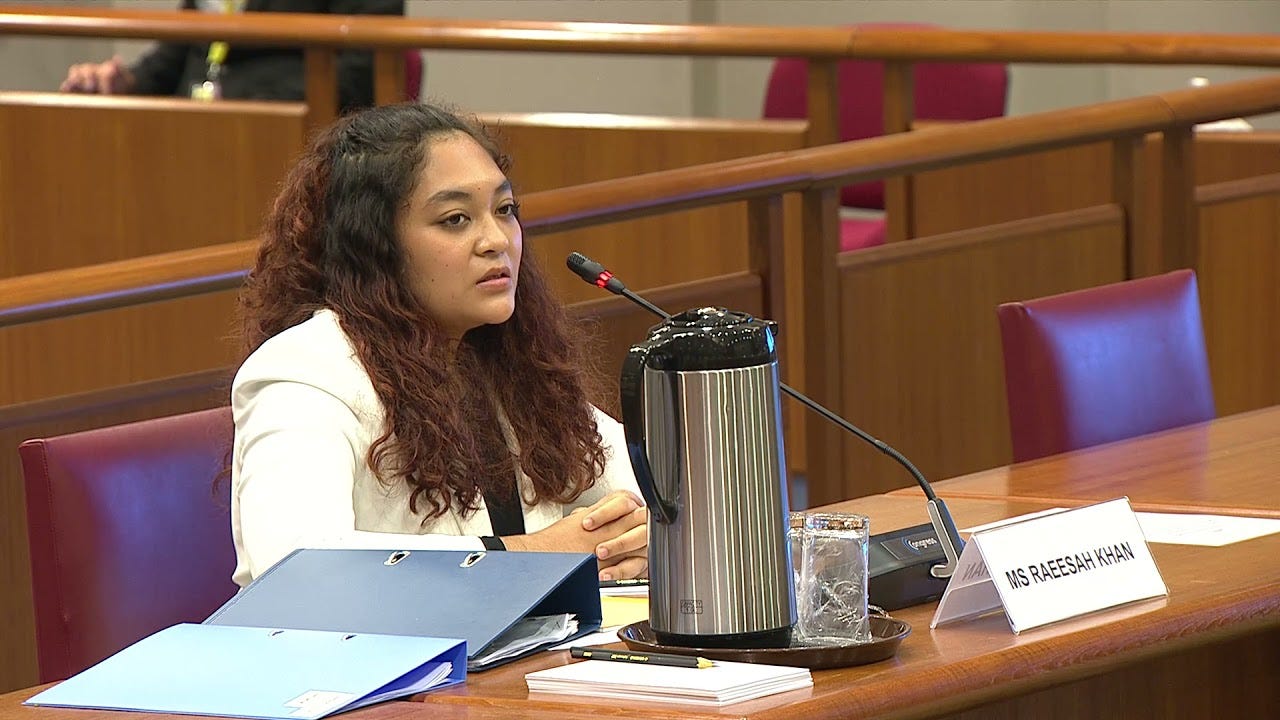Opposition Stumble Gives Singapore’s PAP a Break to go for the Jugular
Ex-Worker’s Party MP’s lie to parliament could cost leadership their seats
On August 3, 2021, a rising young member of Singapore’s Worker Party named Raeesah Khan rose in Parliament to allege that in 2018, she had accompanied a 25-year-old rape victim to make a police report, whereupon the victim was insulted by a police officer who asked if she had been drinking and made other insensitive remarks. Khan gave recommendations on…
Keep reading with a 7-day free trial
Subscribe to Asia Sentinel to keep reading this post and get 7 days of free access to the full post archives.


